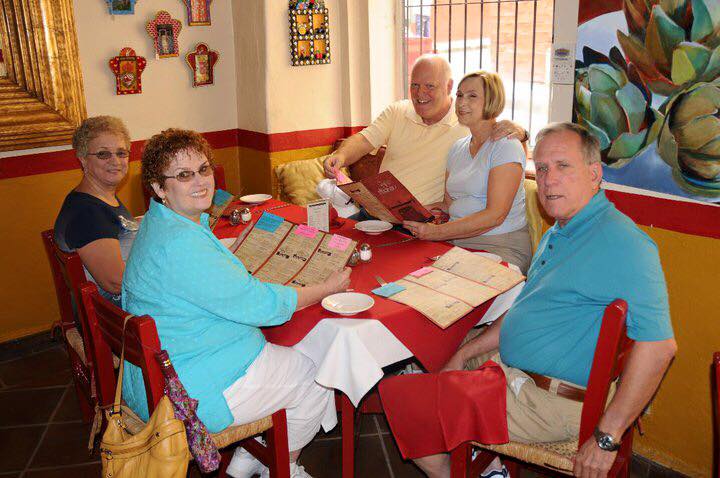By Melania Abdessian –
I know a woman who wears her wisdom in the lines on her face. She is quick to speak about a philosophical dilemma, but even quicker to listen intently to what you have to say.
Her husband of more than 40 years died this year under hospice care. They met when she was young, and he was her teacher. It turned out that she had a lot to teach him as well. Eventually, she watched him succumb to the symptoms of Alzheimer’s.
Lately, her age is apparent in her physical limitations. She limps more, hunches a bit, but always smiles. She relies on a stand-up cane to be her third pair of legs, to stabilize her, guide her and keep her safe. I am sure she is grateful for this tool, but when she looks at it and needs it, she is reminded of her inevitable decline. Something she did gracefully for years has been replaced with a substitute that affords her dignity but not without the constant reminder of what this cane signifies. This is a symbol in her life. A powerful one. A utilitarian one. A painful one.
My niece, who is the same height as the cane, recently picked it up, saw a microphone and began rocking out to a song she made up, as if the whole world was her stage. She held the cane with both hands and sang songs that would fill any void. She took us all into the present to enjoy life’s whimsy, and we erupted in cheer, bravos and clapping.
I watched this aunt. She smiled so deeply, with a heart full of gratitude. What had meant one thing to her became another—one with dreams, hopes and innocence, and a lifetime without the pain she has endured. It was simply a gesture of freedom; levity of flight. I know that when she goes to pick up her cane now she will see it differently. She will appreciate what this symbol could mean to a child and remember her own childhood, when she fell in love.
Recognize your symbols and what they mean to you. And then shake it up, be a rock star, an astronaut, a magician. Be anything you can dream to be.









